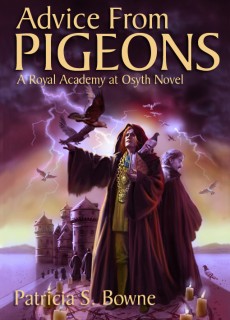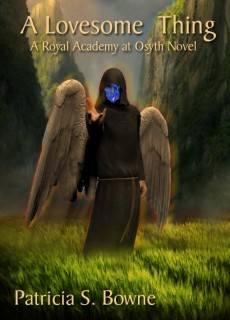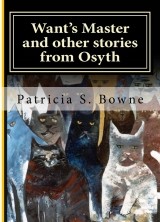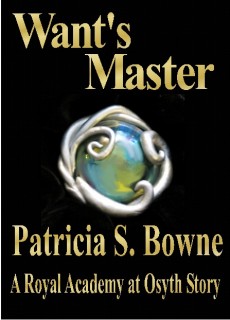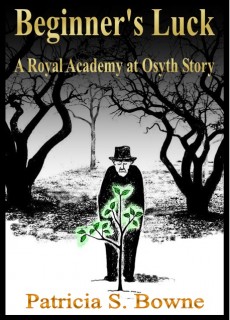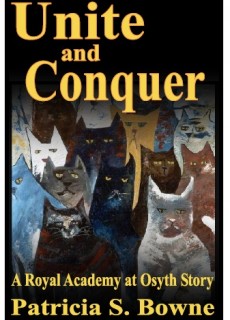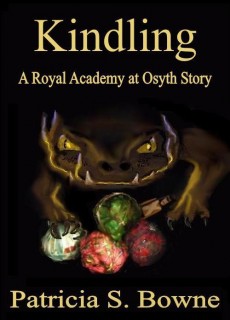The day after I write a post comparing rules for writing female characters to pickled fish in a jar, Amanitta Forna compares the activity of categorizing writers and deciding what they’re allowed to write about to collecting butterflies.
As dead things, pinned to a board, the butterflies were beautiful but they were not interesting to me. A living butterfly that soars and flies is a magical thing. I want my students to let their imaginations fly and soar beyond themselves and their own experience, towards new horizons and into new worlds.
Her article is about accusations of cultural appropriation, how the issue pigeonholes writers, and where her latest novel should be shelved. Some more quotes:
I have never met a writer who wishes to be described as a female writer, gay writer, black writer, Asian writer or African writer…
So where should a bookshop shelve a novel set in Croatia and written in English by a Scottish Sierra Leonian author? Over the years I have posed the question of classification to many writers about their own work and the answer is invariably the same: in bookshops, fiction should be arranged in alphabetical order.
She asked her Facebook friends how it had come about that writers were supposed to be categorized.
The Pakistani-British writer Kamila Shamsie, whose novel Burnt Shadows featured a Japanese character, agreed: “It’s about authenticity. When I was at uni in America in the 90s there was a lot of criticism around the idea of ‘appropriating’ other people’s stories. What started as a thoughtful post-colonial critique of certain types of imperial texts somehow became a peculiar orthodoxy that essentially denies the possibility of imaginative engagement with anyone outside your little circle.”
Most enlightening to me were the authors reporting that this kind of criticism was aimed more at non-western writers than at western ones. That makes me re-think my whole picture of cultural appropriation debates, and want to hear even more from a non-western perspective.

